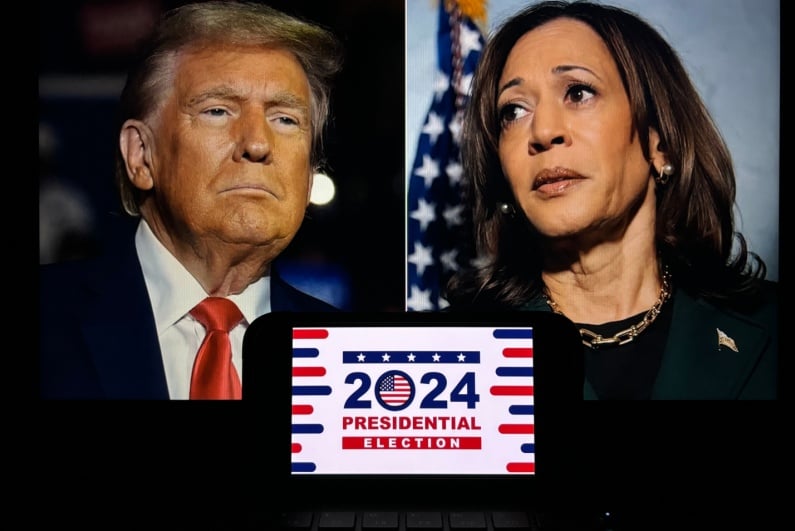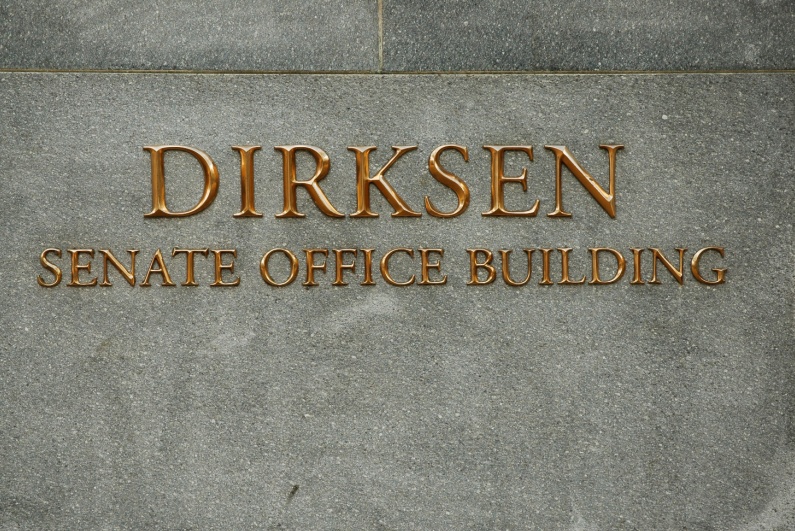Potential new measures
A ban on the use of celebrities, sports personalities, and social media influencers to endorse or promote gambling services is currently under consideration in the UK, with such a move expected to have a considerable impact on gambling advertisers.
aim to protect children and vulnerable adults from gambling-related harm
The announcement came on October 22 from the Committee of Advertising Practice (CAP), the body in charge of the governance of the UK Advertising Codes. The CAP launched a public consultation on its proposals that aim to protect children and vulnerable adults from gambling-related harm by restricting gambling advertising.
According to the CAP, such a ban would have “significant implications for gambling advertisers looking to promote their brands using prominent sports people and celebrities.”
Other proposals
The CAP is looking for stakeholder guidance regarding “strengthening its rules on gambling-related creative content – imagery, themes and characters.” Some of its other proposals include the adoption of a test to identify content that strongly appeals to underage consumers. The use of such a test would decrease the chances of having gambling adverts aimed at grabbing the attention of under-18s.
The committee also put forward additional new rules intended to govern the behavior, fashion and appearance, and language of characters used in ads that hold strong appeal for minors. It pointed out that there is already a ban in place on the use of child-oriented content, including animated characters, in such adverts.
Updating existing guidance
The CAP’s consultation also seeks to update existing guidance to prohibit a number of advertising features. One aim is to prevent ads from presenting complex bets in a way that suggests intelligence or skill, in this way implying an unlikely level of control over the outcome.
Revised measures would also put a stop to the idea of gambling as creating a sense of skill-based community. The commission would additionally not permit any implications of security through money-back promotions, unrealistic portrayals of winners, or the use of light-heartedness or humor to downplay potential gambling risks.
The CAP said all its proposals aim to find an effective and proportionate balance between “allowing gambling operators freedom to advertise to a legitimate adult audience and the need to protect under-18s and vulnerable adults.”
Catalyst for change
The CAP highlighted recent research commissioned by the UK’s GambleAware charity as a catalyst for tightening gambling ad rules. It said the charity’s findings in its Final Synthesis Report show that creative gambling ad content currently allowed in the UK has a lot more potential to affect underage people than what was previously thought.
current evidence does not justify a total ban
However, while a number of groups want to completely forbid gambling advertising, the CAP believes that the current evidence does not justify a total ban.
Issues remain despite the tightening of advertising rules in recent years to better protect underage people in the UK. The CAP’s sister organization, the Advertising Standards Authority (ASA), recently monitored online age-restricted ads over the course of three months. The subsequent report published in August indicated that of the 159 ads discovered to be violating age-restriction rules, 70 were from gambling operators.



